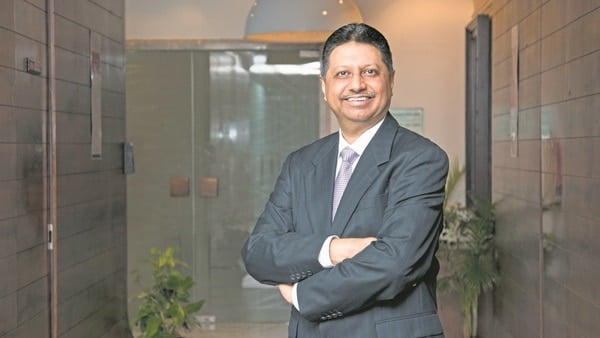
Bengaluru: The real estate sector, which has been struggling with weak demand and stagnant prices for years, has received another blow with the liquidity crisis at non-banking financial companies (NBFCs), one of their last funding sources. Many NBFCs have lost significant market value on growing concerns around asset-liability mismatches and tightening liquidity in the short-term money market, after a series of defaults by Infrastructure Leasing and Financial Services Ltd (IL&FS) became public last September.
Piramal Capital and Housing Finance Ltd has used these challenges recalibrate its strategy and create additional liquidity for itself. It had a loan book of ₹55,155 crore as of December, of which ₹32,526 crore is toward residential projects and lent to nearly 436 real estate projects.
In an interview, managing director Khushru Jijina spoke about the liquidity crunch in real estate, the NBFC crisis and the strategic shifts going forward.
Edited excerpts:
How serious is the liquidity crisis for real estate developers?
The situation is pretty serious. Distress was there but distressed developers were not cracking or recognizing it because there were a number of (smaller) NBFCs, who took huge risks in funding them. Developers depended on refinancing to provide relief, which is actually like passing the pillow.
We have been saying that there will be massive consolidation in the sector. The event that unfolded in September 2018 hit everybody, including us. The distressed developers suddenly got choked because no one was lending, and many NBFCs themselves being in trouble.
Well-capitalized NBFCs like us started coming out and tapped long-term (funding) sources like banks. Banks also realized that while it is good to lend to NBFCs, it isn’t good to lend to all NBFCs. In the long term, this shakeout, filtration needed to happen.
What about the good developers?
Are the good developers getting the amount of capital they want? No. Because even the well-placed NBFCs like ours are taking time, getting their own funding sources right. But the positive thing for good developers is that the big banks have stepped in to meet their requirements. In the next six to nine months, polarization of both developers and NBFCs will happen for sure. This is also a confidence crisis. People have money, but the confidence has been shaken.
Is Piramal Capital being selective in lending to developers or is it a strategic call to do fewer deals?
It’s a combination of these. We didn’t want to go overboard and wanted to create some extra liquidity for us. The priority today is to conserve cash and build a moat around ourselves so that we have funding lines drawn and safe for the future.
From October onwards, we decided not to sanction money to new projects because we were approached for many deals, where other lenders didn’t disburse and those developers came to us. But we thought it was wrong to ignore our existing developers and ensured they get construction finance.
Last quarter, we disbursed ₹3,900 crore to developers against the quarterly ₹4,500 crore. April onwards, we will start looking at new deals. Even the developers are so shaken up, no one wants to do anything new in a hurry, they are okay to wait.
What is Piramal Capital’s strategy going forward?
Based on the feedback we got from our investors and lenders, we used the last six months as an opportunity to boost our housing finance business and keep our developers afloat. Going forward, our single-borrower lending would not be very high and be below ₹1,500 crore and being a mature NBFC now, our growth rate should taper down from say 50-60% to around 25%.
You will see us growing faster on the housing finance front. We will continue to open a branch a month. From ₹850 crore disbursement a quarter from our HFC, it jumped up to ₹1,700 crore in the December quarter and will be a similar number this quarter.
We have strategic partnerships with some foreign banks and pension funds. We will do large ticket transactions with a single borrower, but in the form of co-investments with our partners. We also plan to generate enough fee income for ourselves.
[“source=livemint”]





